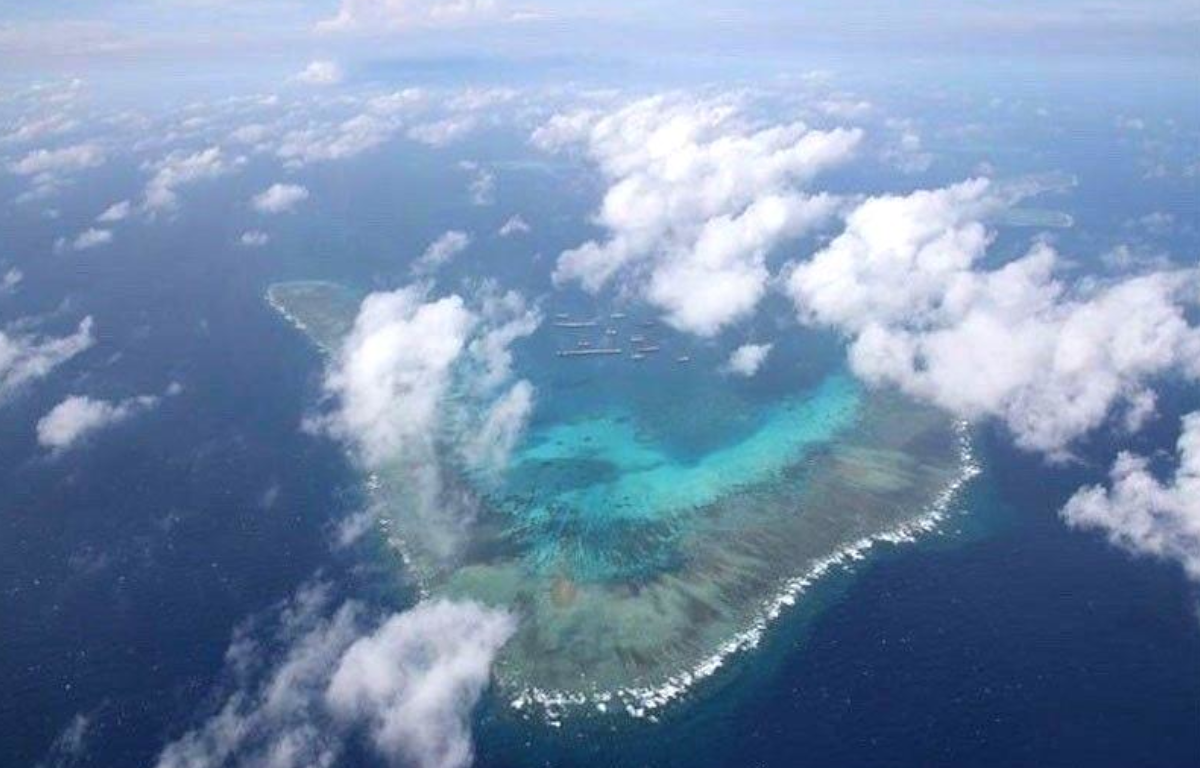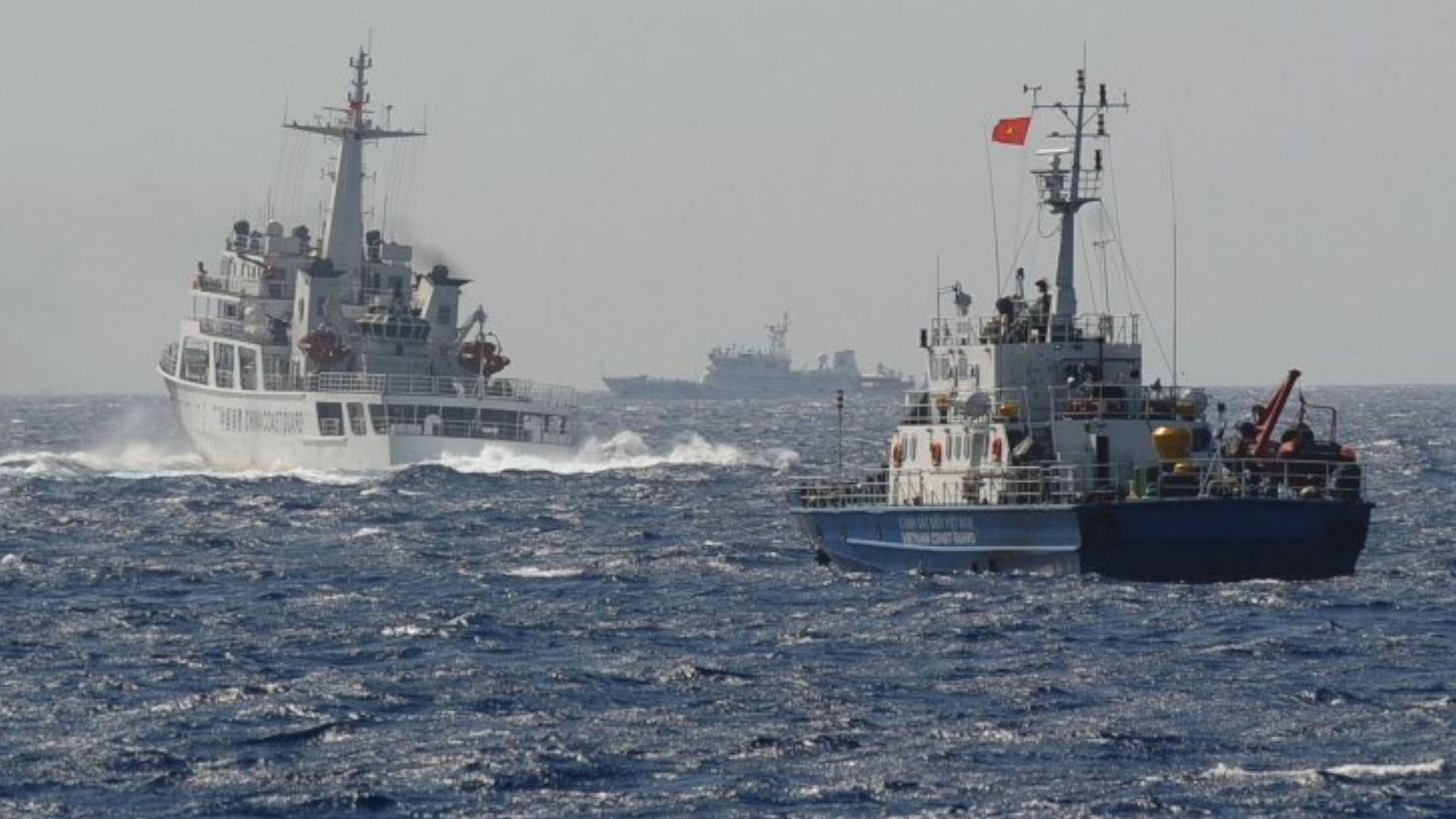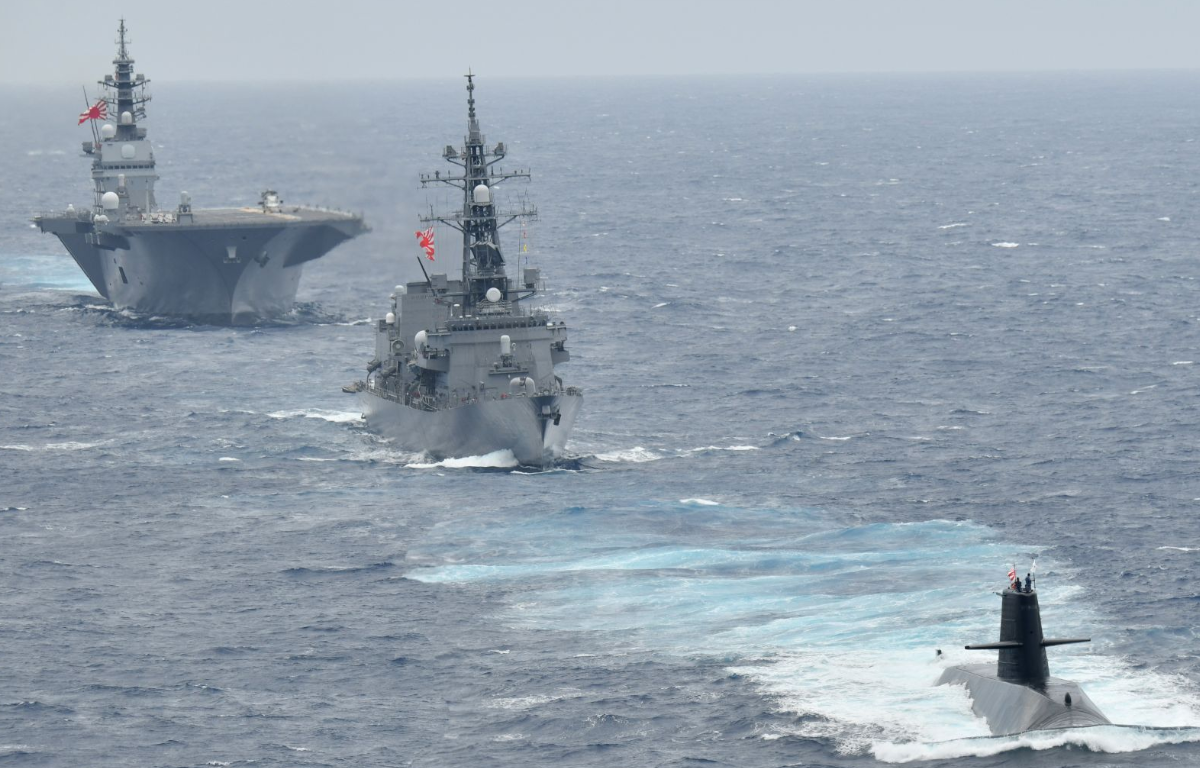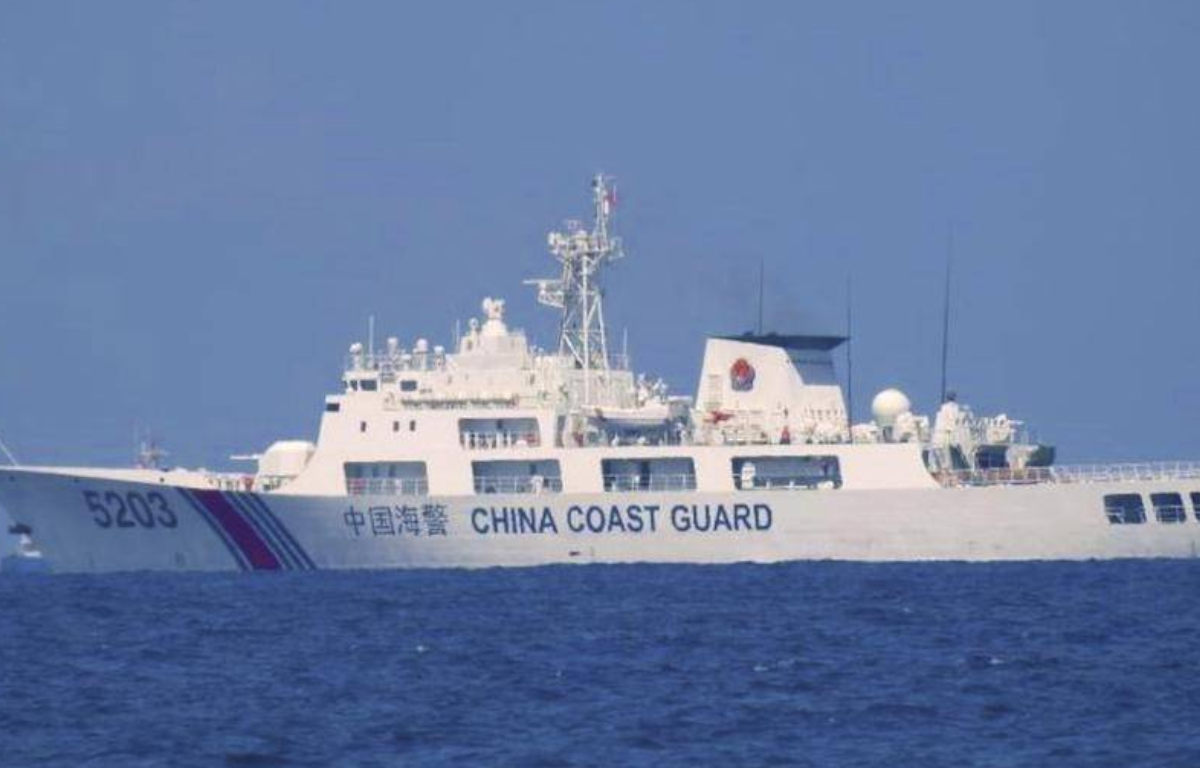
The South China Sea is a strategically vital body of water, known for its vast reserves of oil and natural gas, thriving fisheries, and busy shipping lanes. It is also home to numerous disputed islands and maritime territories claimed by China, Taiwan, Vietnam, the Philippines, Malaysia, and Brunei. These competing territorial claims have led to ongoing disputes and tensions, with China being the most assertive claimant, constructing artificial islands and military installations in the area.
The annual joint military exercises between the United States and the Philippines, known as the “Balikatan” exercises, have been a longstanding tradition aimed at strengthening the military cooperation and capabilities of both nations. These drills have taken on increased significance as they occur in the South China Sea, a region at the center of international attention.
The exercises typically involve a combination of land, sea, and air-based military training, covering various scenarios such as disaster response, counterterrorism, and maritime security. These activities not only enhance the readiness and interoperability of the two allies but also serve as a clear signal of their commitment to regional security.
China views the presence of foreign militaries, particularly the United States, in the South China Sea as provocative and a challenge to its territorial claims. In response to the US-Philippines joint exercises, China has expressed concern, urging all parties to avoid actions that may escalate tensions. China has consistently advocated for bilateral negotiations to resolve territorial disputes, a position that has been met with skepticism from other claimants.
The South China Sea dispute holds significant global implications, not only due to its strategic importance but also because it highlights broader issues related to international law, freedom of navigation, and the balance of power in the Asia-Pacific region. The United States, as a major player in the region, has expressed its commitment to maintaining open sea lanes, upholding international law, and supporting its regional allies. This stance has put the U.S. at odds with China, creating a complex geopolitical landscape that requires careful navigation.
The US-Philippines annual joint military exercises in the South China Sea underscore the ongoing tensions in the region and the strategic interests of multiple nations. While these exercises are intended to bolster security and cooperation, they also serve as a reminder of the delicate balance required in managing the South China Sea dispute and maintaining stability in the Asia-Pacific region. The international community continues to watch this situation closely, hoping for peaceful resolutions and the adherence to international law.










Share this: